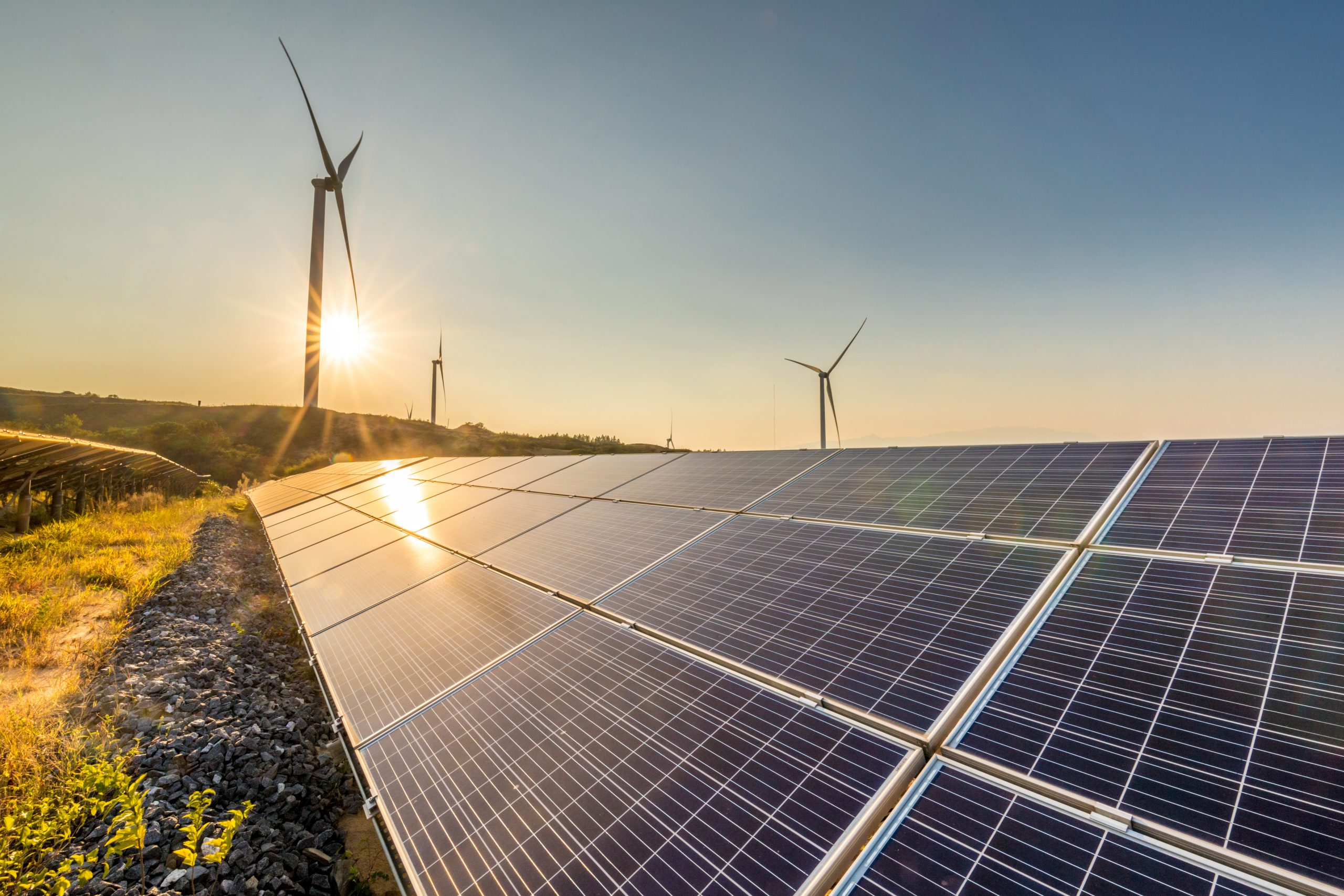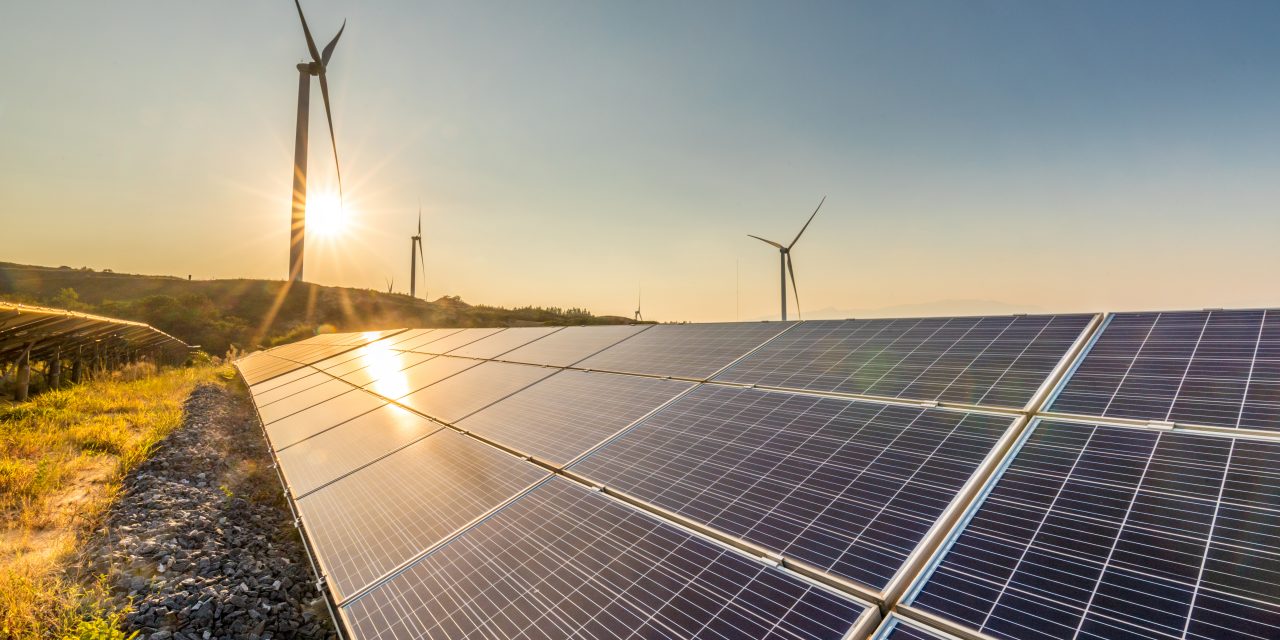To rethink the world we live in
Both companies and investors are now starting to get on board. As of February 2021, 1,215 companies had either set or committed to a science-based target, with the aim to decarbonize their operations to net zero emissions by mid-century. Their targets are aligned with the goals of the Paris Agreement, which is to limit global warming to well below 2°C by the end of the century.
An important role that investors can take is to assert influence at CEO and board level through engagement and dialogue. Failing those, investors have the option to follow through with shareholder resolutions and in some instances, vote against the Board of Directors, if the company’s management is not proactive enough on climate change issues. Moreover, large institutional investors have the power to pressurize companies and make them recognize that environmental and social issues have financial consequences. Every year, Larry Fink, BlackRock’s CEO, writes a letter to companies to outline important issues that shape the world. This year he has been very outspoken once again about the fact that climate change poses a material financial risk that companies need to understand, address and disclose on. Ultimately, climate change should be factored into the daily decision-making process of companies, just like addressing cyber security, customer behavior and product innovation.
On the other hand, if we want regulatory and policy action to happen at scale, we need rules and laws to ensure that climate change risk is priced into all actions that we take as citizens. We need disclosure frameworks that mandate companies to assess climate change as a risk as it could destabilize our economies and financial markets. The coronavirus pandemic is a good example of a nature based systemic risk that caused a great amount of economic disruption. If left unmanaged, the impacts of climate change could be equally bad or worse. The EU Action Plan on Sustainable Finance is now mandating such disclosures under the Sustainable Finance Disclosure Regulation (SFDR), targeting investors as of this year.
The Task Force on Climate-related Financial Disclosures (TCFD) has laid out a framework for addressing climate change risks and opportunities along two major dimensions:
- Physical risk impacts are those that we increasingly face due to the increase in extreme weather. 2020 for example has seen one of the worst wildfire seasons in California and in 2019, Europe experienced a major heat wave, with temperatures exceeding 40°C in some regions. Extreme weather impacts can be disruptive for businesses when they impact production processes, income and consumption. In July 2018 for example, catastrophic flooding and landslides in Western Japan disrupted production and supply at some of the country’s leading vehicle makers.
- Transition impacts, on the other hand, are about the transition towards a low carbon economy as we shift to clean technology options, a more stringent regulatory environment for GHG emissions, a shift in consumer preferences towards low carbon products and finally an increase in litigation risk for carbon polluting companies.
The fact that the prices of solar and wind energy have decreased massively over the last decade is just one indication of many that we are already in the midst of this transformational shift which will have winners and losers. This poses significant investment risks for pension funds who are exposed to oil & gas companies but also for the workers employed by these companies.

Anja Ludzuweit
As a Climate Change Specialist Consultant, Anja heads a European-based climate specialist team that works with clients on climate risk and opportunity analysis such as TCFD disclosure reporting and 2-degree alignment strategies.
In 2018, she got closely involved with the 2018 UNEP FI investor pilot project, working with 20 of the world’s leading investors to assist with the implementation of forward-looking climate scenarios, models, metrics and tools. Anja was also contributing author to the UNEP FI Changing Course publication, applying MSCI’s scenario methodology in the context of portfolio analysis.
Prior to joining Carbon Delta AG and MSCI, she worked 15 years for global market data provider FactSet in various business development roles across continental-European markets, helping institutional investors and FinTech companies to evaluate financial content and quantitative analytics solutions and assisting with the implementation of digital innovation projects in the financial markets.
More on: www.linkedin.com/in/anjaludzuweit






